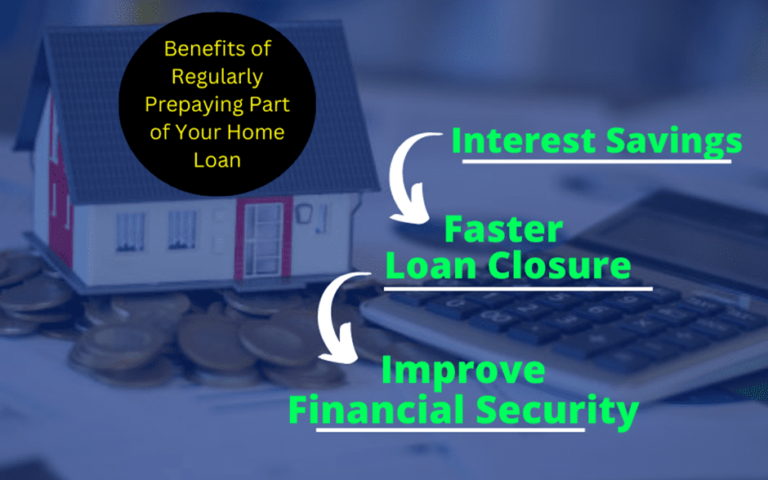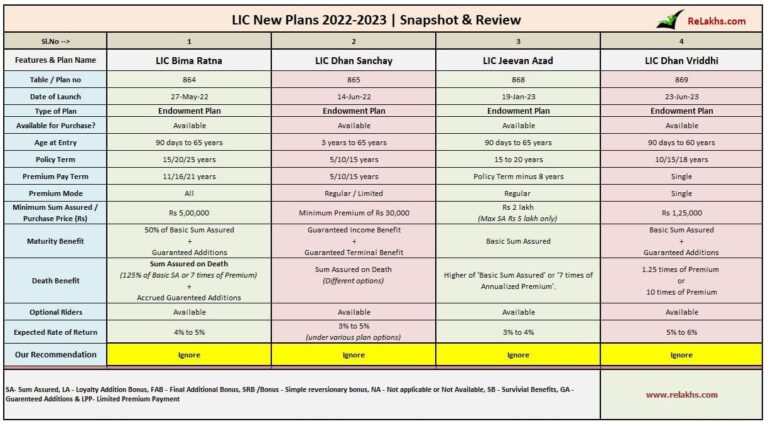Building a profitable real estate portfolio requires a blend of strategic investments, smart financing, and long-term vision. Many investors assume that owning real estate is only for the wealthy, but with the right financing strategies, anyone can build a lucrative portfolio. Whether you’re starting with a single property or looking to expand, understanding financing options is crucial to maximizing your return on investment (ROI) while minimizing risks.
In this guide, we’ll explore how to finance your real estate investments effectively and grow a profitable portfolio.
1. Understanding Your Financing Options
There are multiple ways to finance real estate investments, each with its own benefits and risks. The key is to choose the right method based on your goals and financial situation.
Traditional Bank Loans
One of the most common ways to finance real estate is through mortgages from traditional banks or credit unions. These loans usually require a down payment (typically 20-25%) and come with fixed or variable interest rates.
✔ Lower interest rates compared to alternative financing. ✔ Long repayment terms make monthly payments manageable. ✔ Requires strong credit and income verification.
Hard Money Loans
Hard money lenders offer short-term, high-interest loans, typically used by house flippers or investors looking for quick property turnover. These loans are asset-based, meaning approval depends more on the property’s value than the borrower’s creditworthiness.
✔ Faster approval process than traditional loans. ✔ Ideal for fix-and-flip investments. ✔ Higher interest rates and shorter repayment terms.
Private Lenders and Partnerships
If traditional financing isn’t an option, private lenders or forming partnerships can provide the necessary capital. Investors often work with friends, family, or private equity firms to fund real estate deals.
✔ Flexible loan terms tailored to the deal. ✔ No rigid credit or income requirements. ✔ Interest rates and repayment terms vary widely.
Seller Financing
In seller financing, the property owner acts as the lender and agrees to receive payments over time instead of a lump sum at closing. This method is beneficial when banks are unwilling to lend or when buyers lack a large down payment.
✔ Avoids traditional lending requirements. ✔ Negotiable terms between buyer and seller. ✔ Limited availability based on seller willingness.
2. Leveraging Debt to Expand Your Portfolio
Real estate investors often use leverage to maximize their purchasing power. Instead of paying in full for a property, borrowing funds allows you to buy multiple properties with the same capital.
✔ Example of leverage: Instead of using $200,000 to buy one property outright, an investor could use it as a 20% down payment on five properties worth $200,000 each, financed through mortgages. This strategy helps investors grow wealth faster, as property values and rental income appreciate.
Key Considerations for Using Leverage Wisely:
- Keep your loan-to-value (LTV) ratio manageable to avoid excessive debt.
- Have a solid plan for rental income or resale to cover loan repayments.
- Consider interest rate fluctuations, especially for variable-rate loans.
3. Maximizing ROI Through Strategic Property Selection
Choosing the right properties is essential for profitability. Focus on markets with high rental demand, job growth, and property value appreciation.
✔ Key factors to consider:
- Location: Invest in areas with strong economic growth, low crime rates, and good schools.
- Rental Demand: Ensure a steady stream of tenants to maintain cash flow.
- Property Condition: Lower repair and maintenance costs increase profitability.
- Market Trends: Study local real estate trends to buy at the right time.
4. Generating Positive Cash Flow
A profitable real estate portfolio should generate positive cash flow, meaning rental income exceeds operating expenses and loan payments.
✔ Ways to improve cash flow:
- Set competitive yet profitable rent prices.
- Reduce vacancy rates through proper tenant screening.
- Minimize maintenance costs with proactive property management.
- Consider multi-unit properties for higher rental income streams.
5. Tax Benefits and Financial Planning
Real estate investors enjoy numerous tax benefits, making it easier to build wealth over time.
✔ Key tax advantages:
- Depreciation deductions lower taxable income.
- Mortgage interest deductions reduce tax liabilities.
- 1031 exchanges allow reinvesting profits without immediate capital gains taxes.
- Expense write-offs for maintenance, management, and travel expenses.
6. Scaling Your Portfolio Efficiently
Once you establish a solid foundation, scaling up requires careful planning. Reinvesting rental income, utilizing refinancing, and expanding into different property types are effective strategies.
✔ Steps to scale up successfully:
- Use profits from existing properties to fund new acquisitions.
- Refinance properties to access additional capital.
- Diversify into different real estate sectors (residential, commercial, short-term rentals).
Final Thoughts: Build Wealth Through Smart Financing
A profitable real estate portfolio isn’t built overnight—it requires strategic financing, market research, and proper management. By leveraging smart financing options, minimizing risks, and maximizing cash flow, investors can create sustainable wealth through real estate.
Start small, stay financially disciplined, and use the power of leverage and tax benefits to grow your portfolio efficiently. With the right approach, real estate investing can be one of the most lucrative paths to financial independence.










